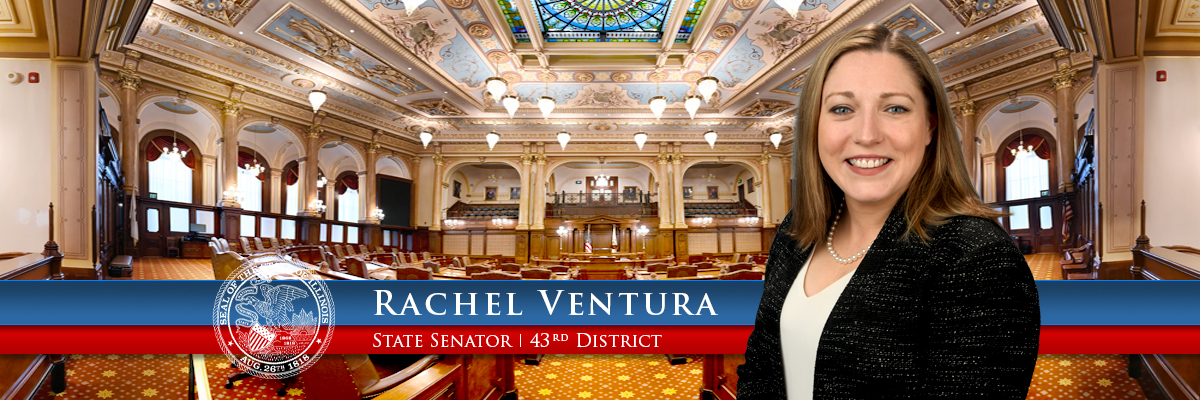Navigating what paperwork to fill out when a loved one passes away can be confusing and overwhelming. Below is a checklist to help:
Secure a legal pronouncement of death
- Generally done by a doctor
Tell friends, family, and employer if necessary
Learn about existing estate, funeral, and burial plans (these are often listed in estate planning documents)
Make funeral or cremation arrangements (based on pre-arranged requests if applicable)
- Select funeral home or cremation facility if not specified by deceased
- Consider price, cremation or burial, tombstone/urn, green burial options, etc.
- Include fraternal, religious, or VA connections in obituary and eulogy
- Veteran benefits may include military salute at the funeral or payment for a headstone/engraving
- Plan the funeral service
- Include pallbearers, eulogies, etc.
- Keep a list of those who have sent condolences for thank you notes after the funeral service
- If remains need to be transported from one state to another, two funeral homes (one in the state where the remains are and one in the state where the remains will be sent) should be engaged in the transportation of the remains
- If the deceased has been cremated, the transportation of remains will not be coordinated by funeral homes
Secure the deceased’s property
- Ensure the deceased’s home is secured, any valuables inside the home are safe, and there is not mail/rotten food piling up in the home
- Include plans for pet care in plans for the home- pets will be grieving too, ensure their new home is comforting and permanent
- Rehoming cats
- Rehoming dogs
Forward mail
- Go to the post office and put in a forwarding order
- Cancel any subscriptions, creditors, or other accounts that require payment in the deceased’s name
Secure copies of death certificates
- Request at least 6 (preferably 10) death certificates
- Death certificates are used to close bank and brokerage accounts, file insurance claims, register death with government agencies, etc.
- The funeral home can order death certificates or they can be ordered from the vital statistics office
Find estate planning documents
- No matter which form of estate planning the deceased chose, it is recommended to contact a lawyer (a trust & estates lawyer, an estate planning lawyer, the lawyer who wrote the will/trust, probate lawyer, etc.)
- If the deceased created a will…
- Usually an executor (personal agent) will have been named
- If there isn’t a will, the probate court judge will name an administrator in place of an executor
- Probate court ensures that debts and liabilities are paid and remaining assets are sent to the beneficiaries- this is done in a county or city probate court office
- When a will is used to plan an estate, the property is owned by the state upon end of life until the will is executed in probate court
- If the deceased created a trust…
- The trustee should notify the trust’s beneficiaries so the terms of the trust can begin
- Unclaimed funds are held by the State until they are claimed by either the original owner or heirs- property is returned at no additional cost with proper identification
Make a list of bills and digital services to be canceled
- Bills can include mortgage, taxes, utilities, etc.- these should be shared with the will’s executor
- Digital services can include subscriptions to news outlets, magazines, entertainment services, delivery services, etc.
Passport
- Passports can be kept as a memento
OR - Mail the passport and a death certificate to the U.S. Department of State for cancellation (if it is a U.S. passport)
- If you would like the canceled passport to be returned, include a letter requesting it be returned
- If you would like the passport to be destroyed, include a letter requesting it be destroyed
Who to notify:
- Social Security Administration: if the deceased was receiving benefits, checks must stop upon end of life
- Call 1-800-722-1213 to report a death
- The SSA will let Medicare know of end of life
- Life insurance companies: original death certificate and policy number are needed to make claims
- Long-term care insurance companies: Whether or not the deceased was receiving benefits, it is important to notify the insurer of end of life
- Banks, financial institutions
- Financial advisors, stockbrokers: determine the beneficiary listed on accounts, depending on the asset, the beneficiary may get to access the account or benefit by filling out appropriate forms
- Credit agencies: Send a copy of a death certificate to one of the three major credit bureaus (Equifax, Experian, TransUnion)
- After one is notified it will notify the others
- Cancel driver’s license
- Close or update credit card accounts
- Terminate insurance policies
- Delete or memorialize social media accounts
- Close email accounts
- Update voter registration
Additional helpful resources and articles:
- How to request a death record (Will County)
- Purchasing death certificates
- What to do when someone passes away (AARP)
- Grief counseling (Joliet)
- Life Policy Finder
- I-Cash
- How to write an obituary
- Burial benefits for IL Veterans
- How to rehome a dog after owner’s death
- How to rehome a cat after owner’s death
- Forwarding order for post office
- Estate Planning Guide (ISBA)
- What to do when someone passes away (United Way)





